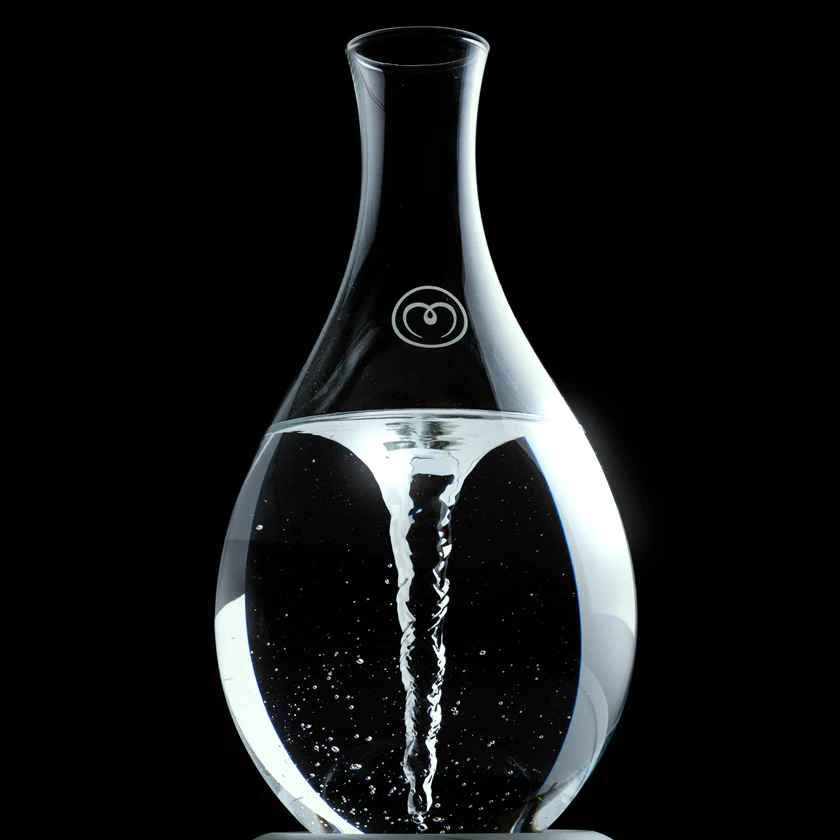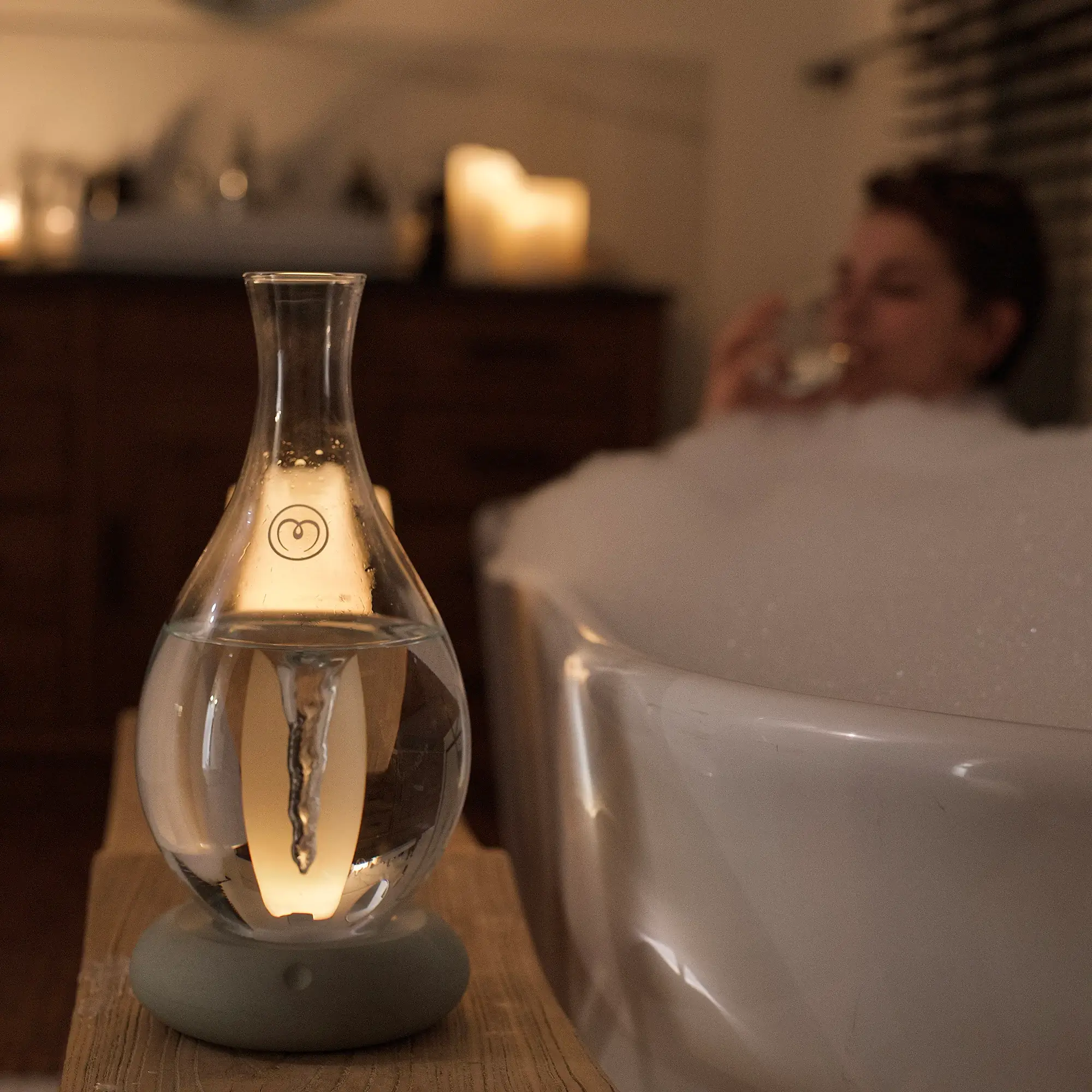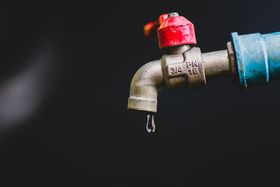How to Remove Trihalomethanes From Drinking Water
Published October 7, 2024

Trihalomethanes (THMs) are liquid byproducts formed when chlorine reacts with the organic matter in water. Trihalomethanes are colorless with a slight chlorine-like scent. The four THMs in drinking water include bromoform, bromodichloromethane, chloroform, and dibromochloromethane.
Long-term consumption of water with high levels of THMs can increase the risk of cancer, miscarriages, and damage to the heart, lungs, liver, kidneys, and central nervous system. Here are the best methods for removing trihalomethanes from your drinking water.
How Are You Exposed to THMs in Drinking Water?
Trihalomethanes are a byproduct of the water treatment process where chlorine is used to disinfect drinking water. Since 98% of water treatment plants use chlorine as a disinfectant, trihalomethanes are frequently found in the water supply. Two of the most common exposure routes include ingestion through direct consumption of water and inhalation. Trihalomethanes are inhaled when they evaporate from tap water, especially when showering. Another form of exposure is dermal absorption when showering, bathing, or swimming.
At elevated levels, trihalomethanes have negative health effects and have been associated with cancer and adverse reproductive outcomes. Exposure to high levels of chloroform inhibits the function of kidney tubules and increases nitrogen in blood urea.
» Read more about how you can remove chlorine from your water
How to Get Rid of THMs in Water
These are the 4 best methods you can use to remove trihalomethanes from your drinking water.
1. Enhanced Coagulation
Enhanced coagulation is an effective method for controlling THM levels at water treatment plants. The enhanced coagulation water treatment method uses the addition of sufficient coagulants to optimize the filtration process and maximize the elimination of precursors by reducing the pH level with ferric coagulants and increasing the coagulant feed rates.
2. Carbon Filters
Carbon filters are a convenient way to remove trihalomethanes from tap water. They use charcoal or activated carbon for filtration and can be installed on taps or used in water pitchers with carbon filters
Activated charcoal can also be used in your whole house's water filtration system. When purchasing a carbon filter, ensure it is certified to remove THMs.
3. Reverse Osmosis
Reverse osmosis water filtration systems are efficient at removing trihalomethanes from water. The reverse osmosis process involves water being pushed under force through a semipermeable membrane that filters out unwanted particles and contaminants. Reverse osmosis removes THMs, lead, chlorine, fluoride, pesticides, chloramine, detergents, heavy metals, and organic matter.
4. Boiling
Boiling water is a simple method to reduce THM levels. Boiling water for one minute can decrease the concentration by 75%, while boiling for five minutes removes 100% of THMs. Boiling water on your stove for 20 minutes will cause the water to degas, and the chlorine will evaporate, leaving you with safer and healthier water.
» Learn more about minerals in tap water
How Do I Know How Many THMs Are in My Water?
Here are some ways to check for the presence of trihalomethanes in your water supply.
1. Observational Self-Testing
Using your senses, such as taste and smell, you can perform a basic observational self-test. High trihalomethane levels may manifest as a strong chlorine odor or the water smelling like diluted pond or lake water.
2. DIY Water Testing
After your initial observations, you can use a testing kit to verify your findings. Most testing kits include dip tests that allow you to monitor the THM levels in your water.
3. Information Water Testing
By ordering a testing kit and preparing a sample for submission to an accredited water testing laboratory, you can receive an accurate analysis of your water sample from certified water experts.
4. Certified Water Testing
This option involves a water professional visiting your home to prepare a sample for laboratory testing. This form of testing provides the highest level of assurance in the accuracy of your test results and can be used in legal cases.
Say No to Trihalomethanes
If your drinking water contains high levels of trihalomethanes, consider using one of the water purification methods mentioned above. Carbon filtration is a convenient way to remove chemical compounds from your water, while reverse osmosis is a more complex filtration system that effectively removes most harmful contaminants.
Alternatively, you can boil your water to remove THMs and chlorine without a filtration system. Prioritizing clean and safe water consumption is essential for maintaining good health.


















































